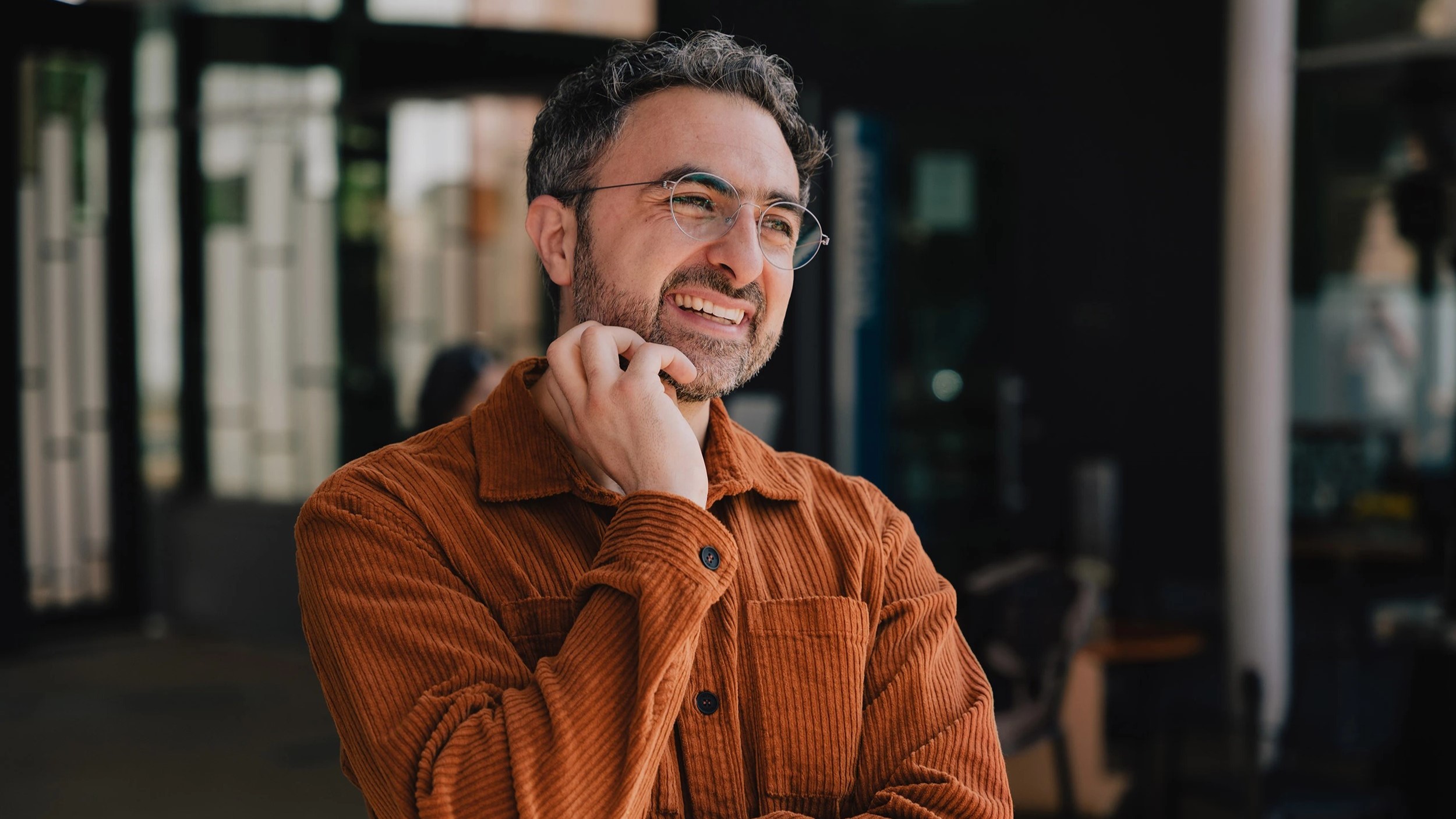
- Microsoft's AI CEO hires several former DeepMind employees.
- The company is building a new "AI health unit" for responsible usage.
- Reportedly, 48% of participants use AI for health-related queries.
Microsoft is seemingly casting its generative AI net deeper into the sea, seeking new opportunities and breakthroughs in consumer health. According to a report by the Financial Times, Microsoft AI CEO Mustafa Suleyman recently hired Dominic King, a former colleague from his Google DeepMind days, to help lead the company's new AI health unit as Vice President.
King's professional background makes him the ideal candidate for the job, considering he spearheaded DeepMind's health operations. He is also a trained surgeon in the UK, too.
Alongside King, former DeepMind clinical research scientist Christopher Kelly and two other employees from Suleyman's tenure at DeepMind are joining Microsoft's new AI health division.
Earlier this week, while speaking to The Verge, Microsoft AI CEO Mustafa Suleyman indicated:
"My logic is that we have to create something that works extremely well for the consumer and really optimize for our use case. So, we have vast amounts of very predictive and very useful data on the ad side, on consumer telemetry, and so on. My focus is on building models that really work for the consumer companion."
We might see Suleyman's vision of creating AI models that work extremely well for consumers manifest through the company's new AI health venture.
In our mission to inform, support and empower everyone with responsible AI, health is a critical use case. We continue to hire top talent in support of these efforts.
Microsoft
According to a study by Deloitte, up to 48% of the participants indicated that they are more inclined toward AI tools like ChatGPT, Copilot, and Claude for health queries, including specific health conditions, symptoms, and mental health.
AI for health isn't a new phenomenon. There have been several use cases where the technology has been used to bolster advances in the landscape. For instance, QuitBot, an AI-powered habit change platform based on OpenAI's ChatGPT technology, is designed to help smokers overcome their Nicotine addiction by providing emotional support.
Elsewhere, Cambridge researchers have developed a new method to predict the progression of Alzheimer’s disease (AD). The proposed AI model promises 80% accuracy and will help health practitioners recommend the appropriate treatment and rehabilitation programs before the disease spirals out of control.







